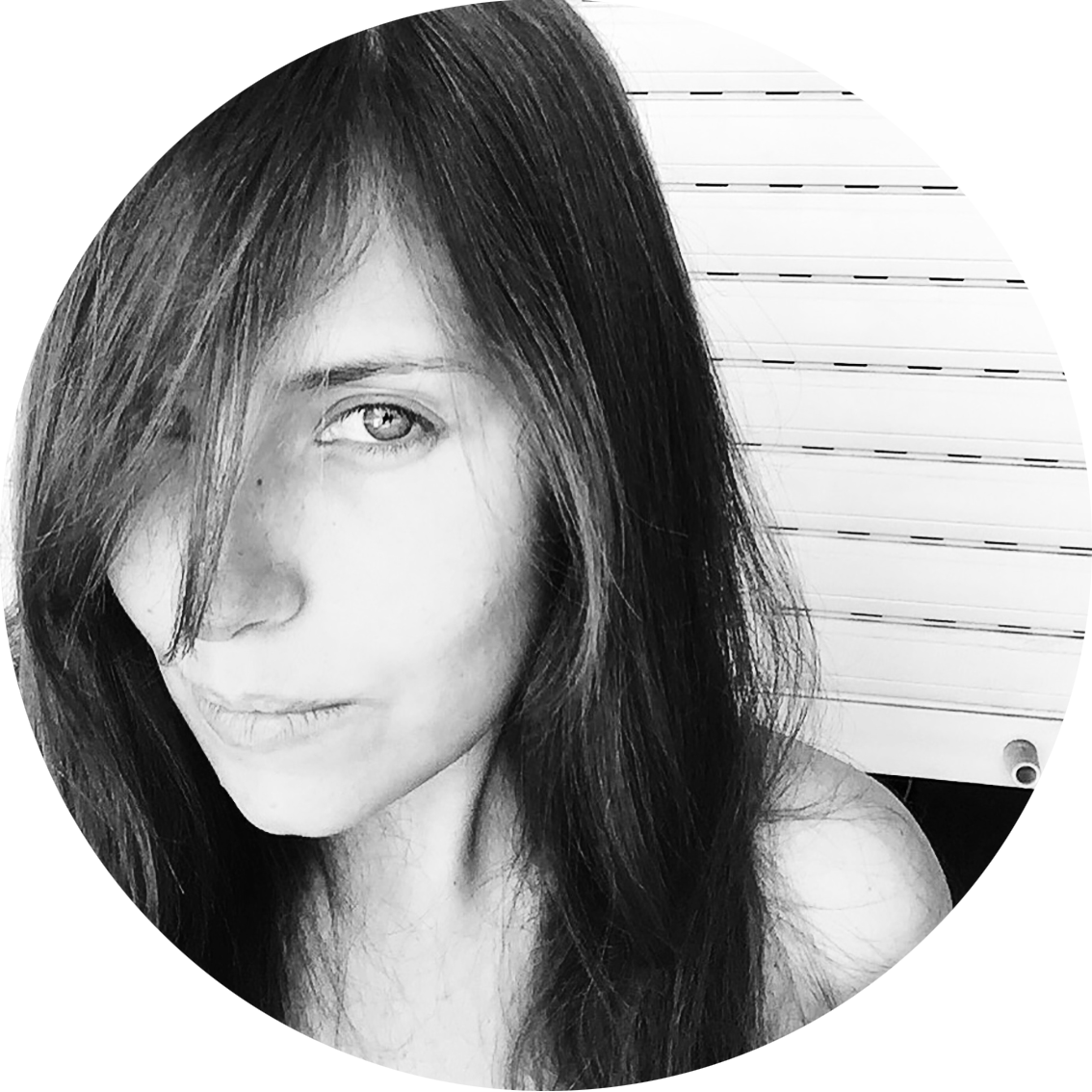The Blossom Issue
“Precocious”, people often applaud. What if one's not precocious? What if only (later) in life one awakens to achievements normally associated with earlier age groups? There are timings for certain achievements and, in some cases, it comes at the wrong time (and rightfully so). This is an article to praise late bloomers. Maybe it’s late to the party, but it’s always timely.
It is said that Thomas Edison would have had attention deficit in his school years, that physicist Richard Feynman started speaking later than usual and that Pablo Picasso suffered from dyslexia. They evolved later, in what comes to some learning parameters, but that didn’t stop them from going down in history with great achievements and recognition in their areas. “What exactly does late bloomers mean?” The topic is so vast that American journalist and writer Rich Karlgaard wrote an entire book around it: Late Bloomers, the power of patience in a world obsessed with precocious achievements (2019), is a work that explores this late awakening to certain activities and experiences. “Simply put, a late bloomer is someone who realizes their potential later than expected; They often have talents that are not initially visible to others... And they often come to fruition in innovative and unexpected ways, surprising even those closest to them. They are not trying to satisfy, at any cost, the expectations of their parents or society, a false path that leads to exhaustion and fragility, or even depression and illness... Those who start late are those who find their ultimate destiny on your own, in your own way.” And this idea of starting late is not exclusively related to childhood like the examples above, it also serves as a label for references to adult life. For example, actress Meryl Streep only graduated from the Yale School of Drama with a degree in acting at the age of 27. American folk painter Grandma Moses (Anna Mary Robertson Moses) only began painting at the age of 78, after giving up embroidery due to arthritis. And the iconic Sharon Stone, like the overachiever that she is, contains both the legacy of a precocious child and the example of a late bloomer when she graduated at the age of 56 (after a long break in her studies - she was the child prodigy who went on to 2nd class at five years old, so university at 15 was an expected consequence, entering Creative Writing and Fine Arts, at Edinboro State University of Pennsylvania, on a scholarship). Stone ended up interrupting her studies, but resumed them in 2016, in her late fifties, inspired by Hilary Clinton's electoral candidacy and the notion that she could do anything she wanted (she told Vogue Portugal, in an interview, in 2019, for the Sex Issues edition). In a way, starting late is also, incongruously, avant-garde, because you challenge canons of expectations to do the thing - whatever that thing is - in your own way.
Here at Lighthouse Publishing, there are similar episodes. When the Publishing House was founded, the only publication at the time was GQ Portugal and, despite being in Portugal for almost 20 years, it was a title with a regarded address on paper, but displaced on the web. It was 2016 and a social media outlet not having a website was a kind of unicorn (not in a good way). The mantra for its arrival couldn’t be better: “it’s not about arriving first, it’s about arriving the best way”, which largely fits the idea of late bloomers. Perhaps the achievements of these names that bloom later do not fit in with existing commonplaces, but when they did, they did so better late than in a timel. For example, many well-known names from different sectors took longer to find and thrive in their niche than others, but it is possible that if this were not the case, they would not have the recognition they enjoy today. For example, both Giorgio Armani and Christian Dior were already 41 years old when they founded their own companies/brands: Armani studied medicine, enlisted and fought in the army, and Dior had a similar path, doing military service before achieving success with your House of Dior. Designer Vera Wang only entered the fashion industry through the big doors at 40, after a spell in figure skating and journalism, and actress Betty White became one of the most awarded comedy actresses in history after joining the cast of The Mary Tyler Moore Show, in 1973, aged 51. Miguel de Cervantes was 58 when he wrote his famous Don Quixote; Ian Fleming wrote his first James Bond when he was 44; Charles Darwin was 50 when he wrote the Origin of Species; Suzanne Collins was 46 when the first volume of the Hunger Games trilogy hit bookstores; Bram Stoker wrote his most famous novel Dracula at the age of 50 and Julia Child released her first cookbook (1961) also at the age of 50 (which served as a kick-start for a career as a celebrity chef). The Hobbit, by J.R.R. Tolkien, was released when the author was 45, and he completed The Lord of the Rings when he was 56; Henry Ford created the revolutionary Model T automobile in 1908, at the age of 45; John Pemberton was a pharmacist until the age of 55, when he developed the formula for Coca-Cola in 1886 (and the rest is history), the painter Bob Ross began his television success The Joy of Painting at the age of 41 and Lucille Ball He took advantage of his big opportunity with the television program I Love Lucy, at the age of 40. “We get smarter and more creative as we age, research shows,” said Karlgaard in Late Bloomers. “Our brain anatomy, neural networks and cognitive abilities can actually improve with age and increased life experiences. Contrary to Silicon Valley mythology, older employees can be even more productive, innovative and cooperative than younger ones... Most people, in fact, have multiple cognitive peaks throughout their lives.”
And those peaks don't necessarily have to mean founding your own company on your way to your golden age or achieving post-retirement global celebrity status. It can also be making a difference within your own profession (in fact, in the aforementioned book, the American author assured that “the worst thing a company can do is kill the creative energy of its young and talented people. The second worst thing is to fall blindly into avoidable pitfalls that an experienced, veteran employee can help predict.”) or even excelling at an achievement in your personal life. In my case, for example, it was skateboarding that came to me late in life. I was 38 when I saw a youngster ride by on a skateboard on Carcavelos beach and that same afternoon I was buying a cheap board in a well-known sports store, just to see how I could handle it. It was love at first encounter with the ground. From then on, I began to conquer skills, speed, ramps, in a surf skate that still leaves me many walls and pump tracks and maneuvers (the drop is on this year's wishlist) to conquer. I'm 42 years old. And I feel like I wouldn't have this desire to risk my physical integrity (with some calculated risks) at 11, at 12, or even at 20. I wasn't built in that daredevil way. I discovered sport late in life, too: as a teenager, I wasn't a big fan of physical education and today I regret not having become addicted to exercise sooner, discovering the pleasures of a morning jog, for example, when the calendar marked three decades already. But perhaps the timing was ideal. Perhaps if it had arrived earlier, I would have disowned it at the expense of that idiotic age. Perhaps it arrived at the intersection of an understanding and experiences that allowed me to look at workout in a positive way, recognizing its benefits without classifying it as lame when the cool thing was MTV and Saturday afternoon laziness, at the same time taking advantage of the remnants of energy that a thirty-something still enjoys and that are exponentiated, on the one hand, by the desire to make time count and, on the other, by the age-old enthusiasm that seems to be scarcer in the skepticism of youth. Because there are things that should, in fact, start later. An ex-boyfriend of mine had given up his studies without finishing high school - he didn't like studying, he wanted to form a band, pursue music. Success still knocked on the door for a while, but as fate would have it, he left the group and went back to school – he was already 25 years old. The idea was just to finish secondary school, at least he’d have junior high diploma, but the renewed maturity of the 20-somethings versus your average 16s meant that he, after all, actually liked this thing that is acquiring knowledge. He continued his studies, finished a Cinema course at college and is now established in the film making businesss with proven experience, something that would not have happened if he had forced himself to follow the natural path of social expectations regarding studies.
I’m not as successful at skateboarding as he is at directing, but perhaps I'll be doing a better job on a board than anyone half my age who has been content with a sedentary lifestyle. Maybe I'm more focused on conquering kilometers on four wheels than my 14-year-old self, who spent more time watching video clips. Perhaps, simply, the confidence I have today allows me a boldness that Sara in her teens would never have dared to assume. And perhaps this confidence, which is largely linked to years of experience in which one learns to like oneself and accept that we also fail and that we also fall (from skateboarding and metaphorically) and that this is ok, allowed me to try things that I could never conceive of a more childish awareness of myself. We all have our calendars, which do not always match those of the society in which we live in. And this applies to (almost) everything in life, from work to love and relationships. There are things yet to come. In my case, knowing how to ride a bike, for example: it's a skill that I still don't enjoy and that is well behind society's timing. But, just like that Lighthouse Publishing episode, you need to know how to better arrive. Perhaps the transition from four wheels to two will be done with a lightness, a style and a dexterity for maneuvers that children will never master. But, I yes. In due time. Or rather, in my own time.
Translated from the original in The Blossom Issue, from march 2024. Full credits and stories in the print issue.
Most popular
.jpg)


Relacionados
.jpg)
Anna Wintour e o presidente da câmara de Milão, Giuseppe Sala, revelam a localização do Vogue World 2026
24 Feb 2026



O que lhe reservam os astros para a semana de 24 de fevereiro a 2 de março
24 Feb 2026



